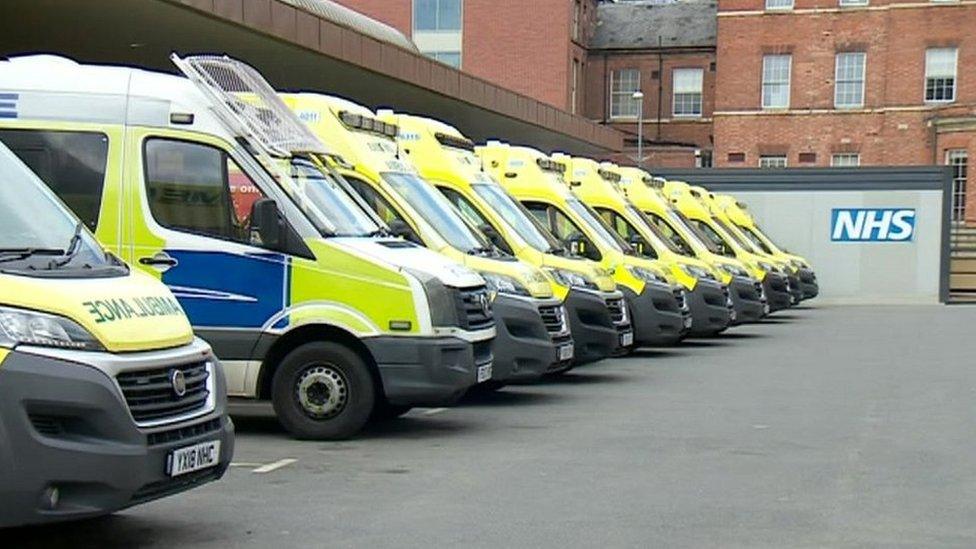Leicester's A&E dealing with record-breaking patient numbers
- Published
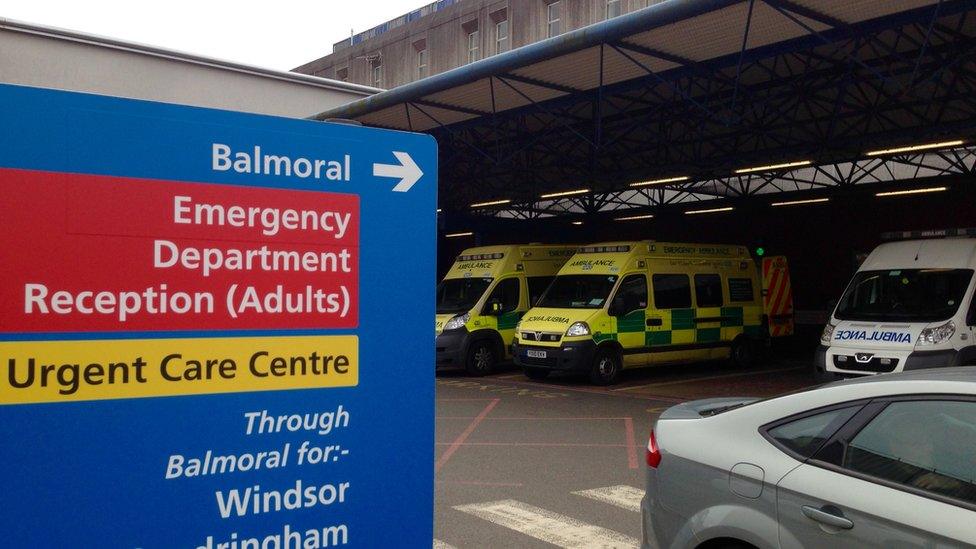
Health bosses said a surge in flu cases had added to the pressure at the Leicester Royal Infirmary
Leicester's accident and emergency department has been dealing with record-breaking numbers of patients.
Health bosses said one day in the past week had seen nearly 1,000 patients arrive, against an average of 600-700.
Analysis shows 49% of people attending the emergency department waited more than four hours in November, the fourth worst figure in England.
A 40% surge in flu cases, along with a rise in coronavirus infections, are partly being blamed.
Longer waits
The high numbers have led local health bosses to renew their appeal for patients to consider alternatives to A&E such as Urgent Care Centres and the 111 phone line.
The total number of admissions across England in November was 2,167,000, an increase of 6.3% on the same month in 2021 and 1.1% higher than 2019.
Meanwhile the number dealt with in under four hours was 1,330,000 - a 1.1% decrease on 2021 and a 14.7% decrease on 2019.
University Hospitals Of Leicester NHS Trust had 23,338 A&E admissions in the same period, with 11,911 seen in under four fours.
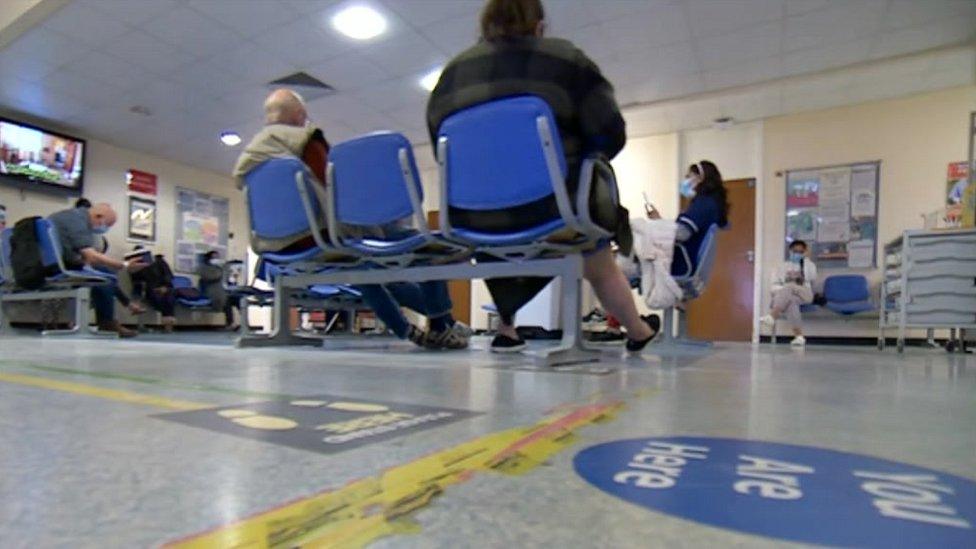
Leicester's A&E saw more than 23,300 attendees in November - a record number
Rachna Vyas, chief executive of the Leicester, Leicestershire and Rutland Integrated Care Board, the body which coordinates local NHS services, said: "This is the highest number since we started keeping records and the seriousness of illness people are presenting is much, much higher than we would normally see.
"The key is to make sure people can get to the right service at the right time.
"For those serious illnesses which need A&E, we absolutely need to make sure those people are in A&E.
"For people who have less urgent needs, we have our urgent treatment centres, we have 111, we have our digital services, GP services and pharmacy services.
"What we are asking patients to do is help us by navigating into those right services."
NHS 'creaking'
In July, the Care Quality Commission (CQC) raised concerns about staffing levels, waiting times, as well as delays in treatment and ambulance handovers.
Local health campaigner Zuffar Haq said the figures were concerning.
"Normally this happens in the heart of winter, end of January into February, but it is starting very early.
"The NHS is creaking and patients are struggling.
"I hear every day from people who say they can't get through to 111 or they call back hours later.
"This sort of primary care, the walk-in centres and the GPs. need to be fit for purpose and doing their job."

Follow BBC East Midlands on Facebook, external, on Twitter, external, or on Instagram, external. Send your story ideas to eastmidsnews@bbc.co.uk, external.
- Published8 December 2022
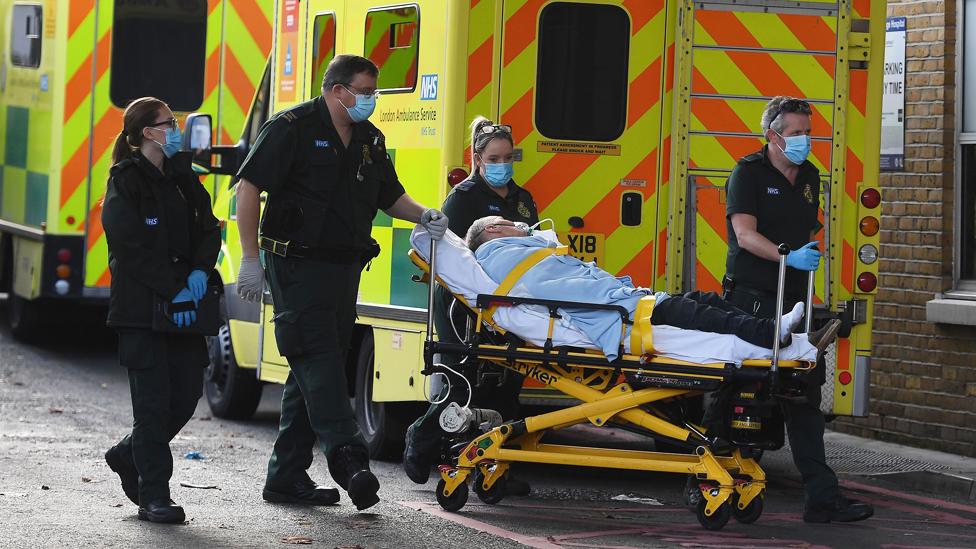
- Published10 November 2022
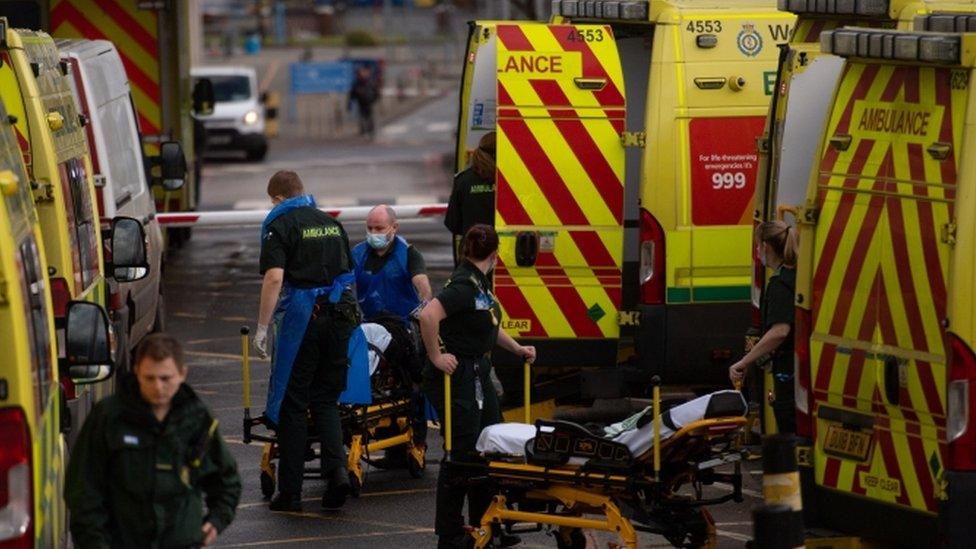
- Published15 July 2022
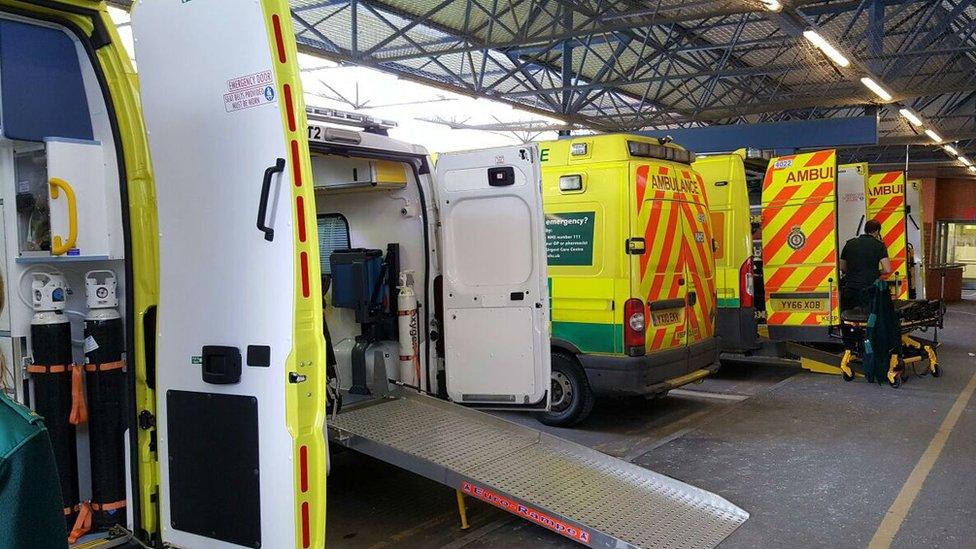
- Published11 May 2022
